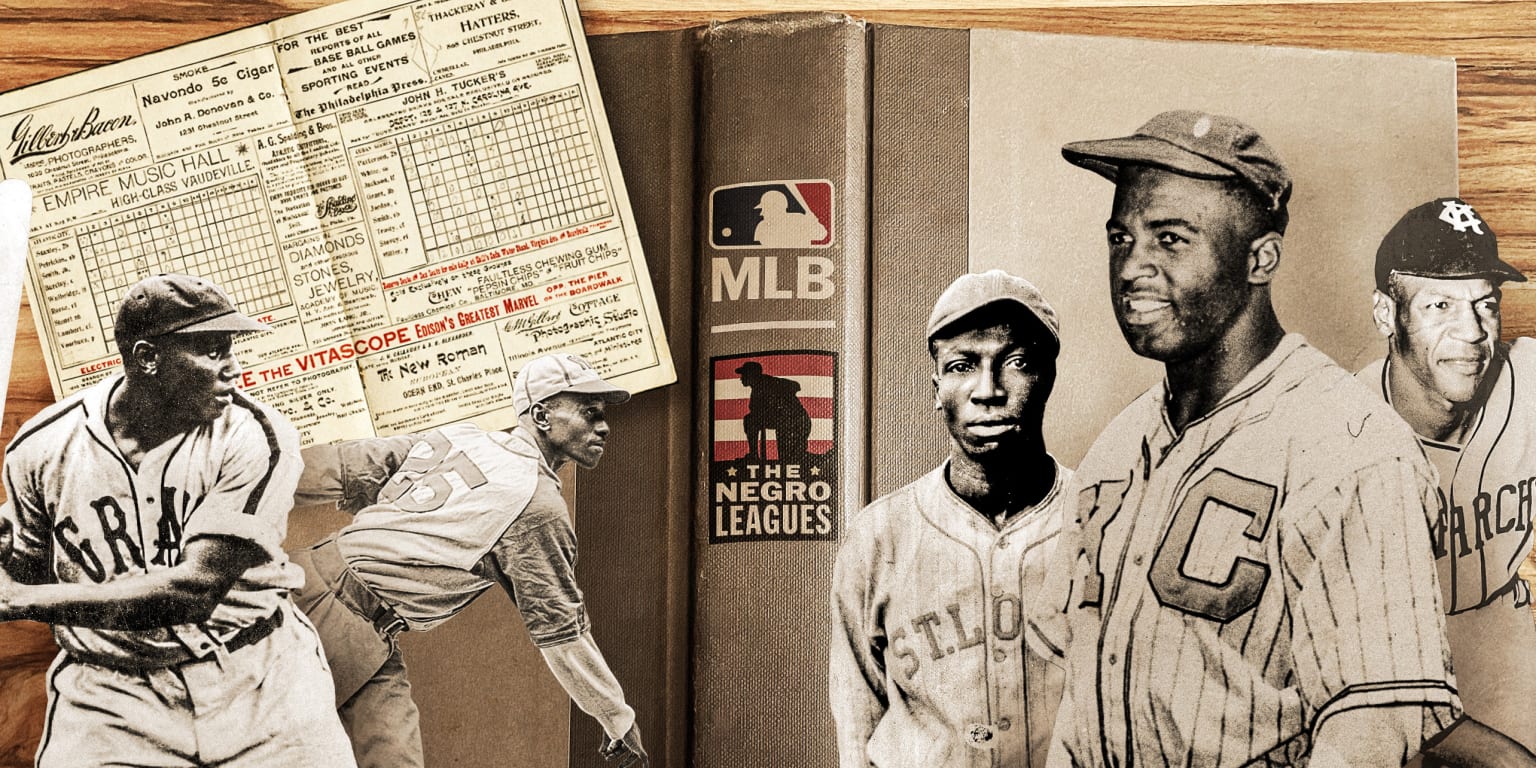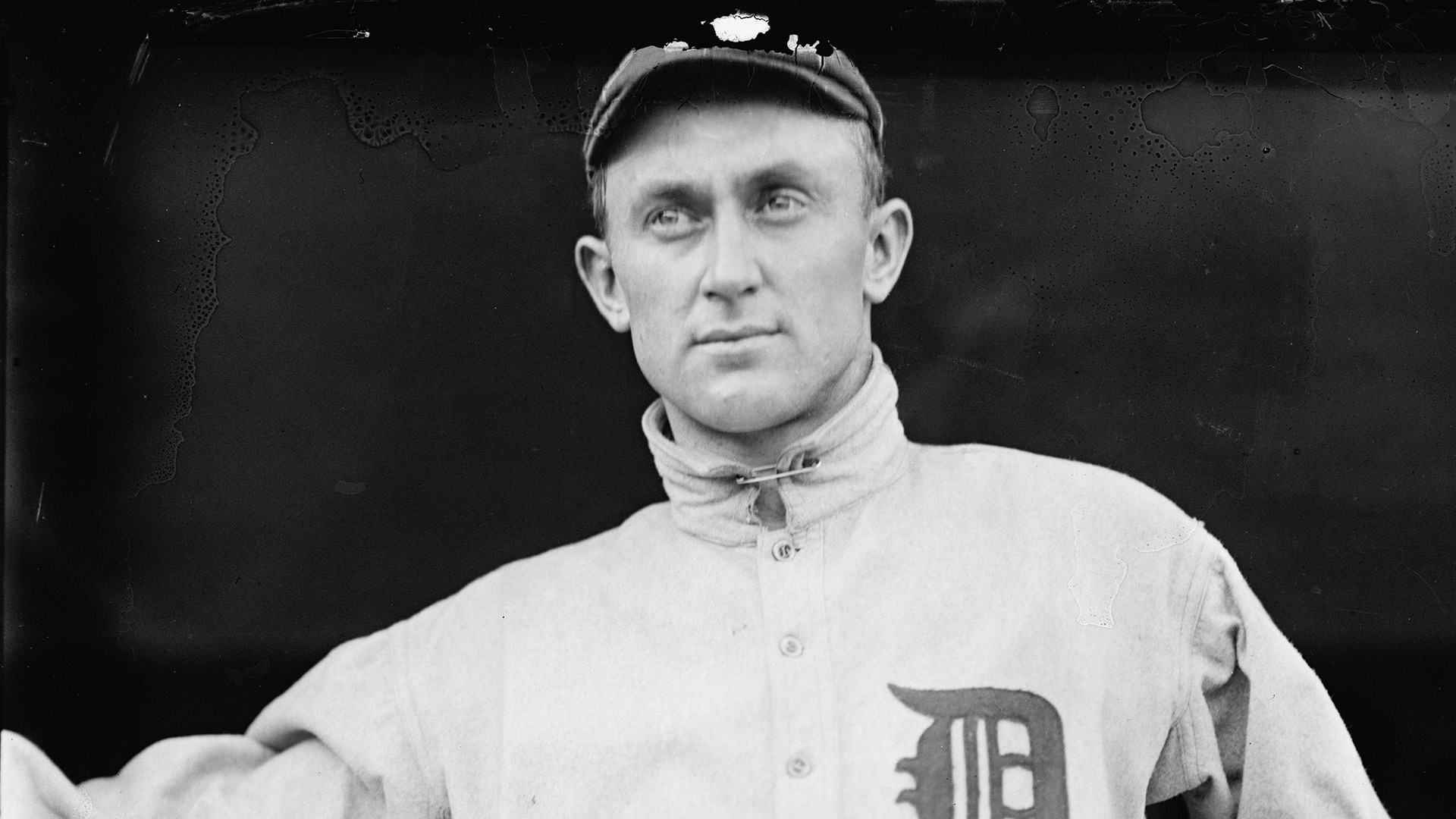Chelsea Janes, (C) 2024 , The Washington Post
Tue, May 28, 2024,
Baseball history will change forever Wednesday. Major League Baseball plans to officially incorporate Negro Leagues statistics into its record book, according to a person familiar with the plans who spoke on the condition of anonymity Tuesday night because MLB is planning an announcement Wednesday morning.
The move comes 3½ years after MLB said it would consider the Negro Leagues as major leagues, meaning all Negro leaguers would be considered major leaguers from that point forward. On Wednesday, the players from Negro Leagues in operation from 1920 to 1948 will be fully incorporated into MLB’s statistical record.
Just one example: When looking up the highest career batting averages in MLB’s record book, the leader will be Josh Gibson, whose average of .372 in Negro Leagues play is higher than the .367 Ty Cobb posted to lead all MLB players.
Gibson, the Homestead Grays star with legendary power whose career was cut short when he suffered a stroke and died at 35 in 1947, will be at the top of several lists. His .718 slugging percentage is higher than the .690 that kept Babe Ruth as the leader for nearly a century. And the .466 batting average he accumulated with the 1943 Grays is higher than Hugh Duffy’s .440 in 1894 - and 60 points higher than Ted Williams’s legendary mark of .406 in 1941.
The top-10 lists for such hallowed statistics as batting average, slugging percentage and on-base percentage will change dramatically. The list of career batting average leaders will include Oscar Charleston (.363, third), Jud Wilson (.350, fifth), Turkey Stearnes (.348, sixth) and Buck Leonard (.345, eighth). Satchel Paige (1.01 with the 1944 Kansas City Monarchs) will now have the third-lowest single-season ERA of all time. And the top of the leader board for on-base percentage will read “Williams, Ruth, Gibson.”
Players who competed in both leagues will find themselves getting a statistical boost, too. Jackie Robinson, who piled up 1,518 hits with the Brooklyn Dodgers after breaking MLB’s color barrier in 1947, will get credit for the 49 hits he had with the Monarchs in 1945. Minnie Miñoso’s 150 hits from his New York Cubans days will push him over 2,000 for his career.
The move comes a few weeks before MLB celebrates the history of the Negro Leagues by staging a game between the St. Louis Cardinals and San Francisco Giants on June 20 at Rickwood Field in Birmingham, Ala. Rickwood, home of the Birmingham Black Barons from 1924 to 1960, hosted the last Negro World Series game in 1948 and is the stadium where Giants icon Willie Mays began his professional career as a teenager that same year.
Incorporating Negro Leagues statistics into the MLB record book is an acknowledgment that, had Black players been allowed to compete with their White counterparts in MLB’s early decades, its leader boards would look very different. Still, because this is baseball, in which numbers foster spirited debate, the fix is likely to reinvigorate decades-old arguments about the greatest players of all time.
For years, those arguments did not make clear that numbers registered in the Negro Leagues were accumulated against some of the best players in the world, just as those achieved in the major leagues. Now, players who could not compare themselves to one another on the field can at least have their résumés in the same record book, that treasured yet flawed chronicle of baseball’s statistical lore.

 sports.yahoo.com
sports.yahoo.com
Tue, May 28, 2024,
Baseball history will change forever Wednesday. Major League Baseball plans to officially incorporate Negro Leagues statistics into its record book, according to a person familiar with the plans who spoke on the condition of anonymity Tuesday night because MLB is planning an announcement Wednesday morning.
The move comes 3½ years after MLB said it would consider the Negro Leagues as major leagues, meaning all Negro leaguers would be considered major leaguers from that point forward. On Wednesday, the players from Negro Leagues in operation from 1920 to 1948 will be fully incorporated into MLB’s statistical record.
Just one example: When looking up the highest career batting averages in MLB’s record book, the leader will be Josh Gibson, whose average of .372 in Negro Leagues play is higher than the .367 Ty Cobb posted to lead all MLB players.
Gibson, the Homestead Grays star with legendary power whose career was cut short when he suffered a stroke and died at 35 in 1947, will be at the top of several lists. His .718 slugging percentage is higher than the .690 that kept Babe Ruth as the leader for nearly a century. And the .466 batting average he accumulated with the 1943 Grays is higher than Hugh Duffy’s .440 in 1894 - and 60 points higher than Ted Williams’s legendary mark of .406 in 1941.
The top-10 lists for such hallowed statistics as batting average, slugging percentage and on-base percentage will change dramatically. The list of career batting average leaders will include Oscar Charleston (.363, third), Jud Wilson (.350, fifth), Turkey Stearnes (.348, sixth) and Buck Leonard (.345, eighth). Satchel Paige (1.01 with the 1944 Kansas City Monarchs) will now have the third-lowest single-season ERA of all time. And the top of the leader board for on-base percentage will read “Williams, Ruth, Gibson.”
Players who competed in both leagues will find themselves getting a statistical boost, too. Jackie Robinson, who piled up 1,518 hits with the Brooklyn Dodgers after breaking MLB’s color barrier in 1947, will get credit for the 49 hits he had with the Monarchs in 1945. Minnie Miñoso’s 150 hits from his New York Cubans days will push him over 2,000 for his career.
The move comes a few weeks before MLB celebrates the history of the Negro Leagues by staging a game between the St. Louis Cardinals and San Francisco Giants on June 20 at Rickwood Field in Birmingham, Ala. Rickwood, home of the Birmingham Black Barons from 1924 to 1960, hosted the last Negro World Series game in 1948 and is the stadium where Giants icon Willie Mays began his professional career as a teenager that same year.
Incorporating Negro Leagues statistics into the MLB record book is an acknowledgment that, had Black players been allowed to compete with their White counterparts in MLB’s early decades, its leader boards would look very different. Still, because this is baseball, in which numbers foster spirited debate, the fix is likely to reinvigorate decades-old arguments about the greatest players of all time.
For years, those arguments did not make clear that numbers registered in the Negro Leagues were accumulated against some of the best players in the world, just as those achieved in the major leagues. Now, players who could not compare themselves to one another on the field can at least have their résumés in the same record book, that treasured yet flawed chronicle of baseball’s statistical lore.

Josh Gibson will dominate MLB’s record book as Negro Leagues stats are added
Baseball history will change forever Wednesday. Major League Baseball plans to officially incorporate Negro Leagues statistics into its record book, according to a person familiar with the plans who spoke on the condition of anonymity Tuesday night because MLB is planning an announcement...











